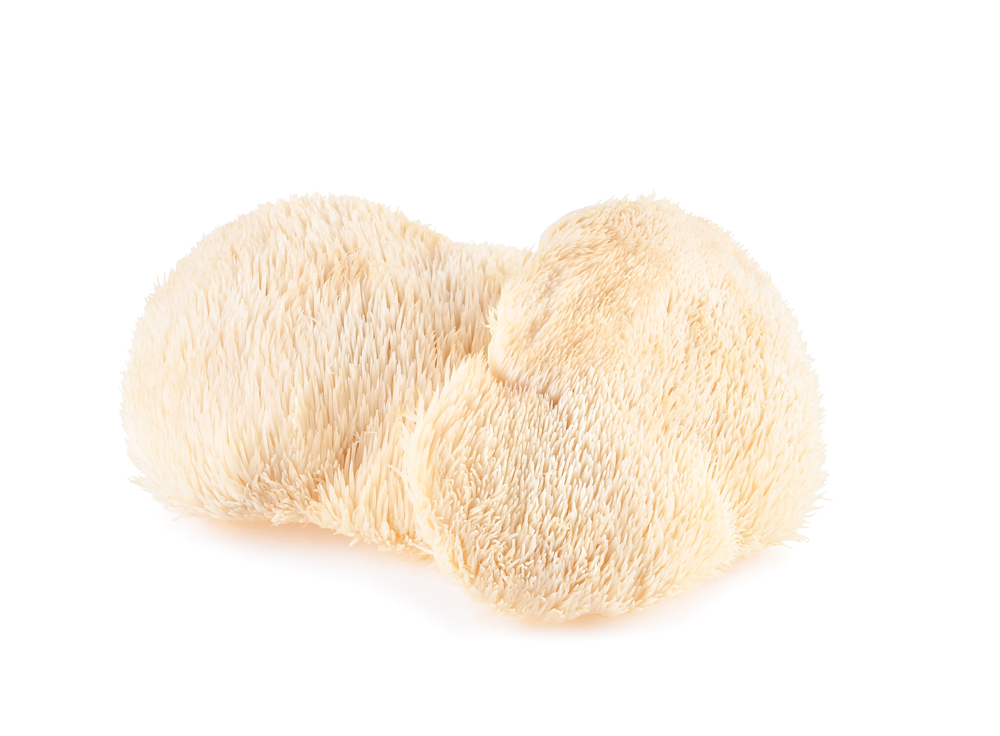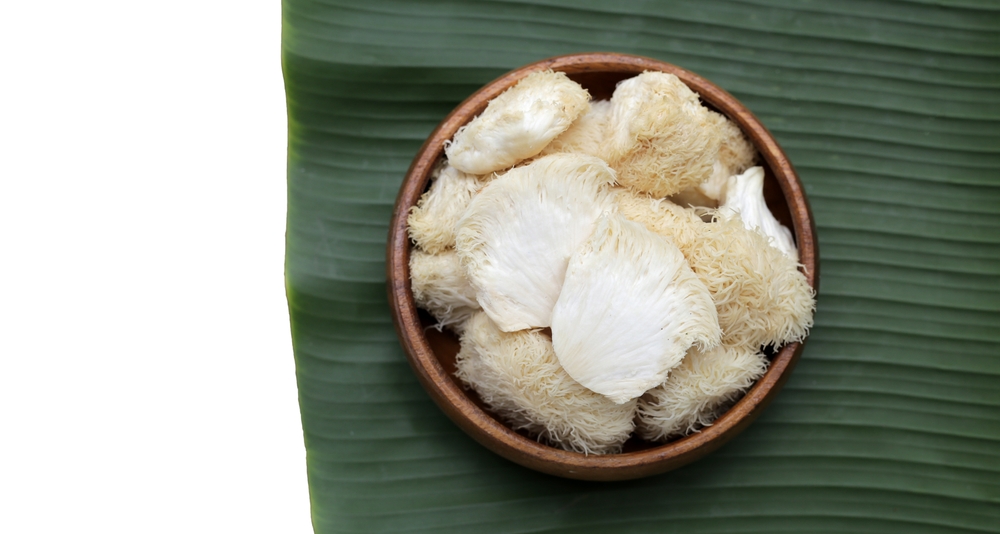Lion’s mane mushrooms, hailed for their potential to support memory, focus, and overall brain health, are becoming a popular natural supplement.
Elliot Webb, founder of Urban Farm-It and author of Growing Mushrooms at Home, champions lion’s mane as a sustainable and accessible way to improve cognitive function.
What makes lion’s mane special?
Lion’s mane mushrooms contain hericenones and erinacines – bioactive compounds that may stimulate the production of Nerve Growth Factor (NGF), a protein essential for the growth and repair of neurons. Elliot Webb, founder of Urban Farm-It and author of Growing Mushrooms at Home, explains:
“Lion’s mane mushrooms are an incredible natural supplement known for their potential to improve memory and focus. By stimulating NGF production, they may support brain health and even help protect against age-related cognitive decline.”
Research suggests that lion’s mane mushrooms may have neuroprotective properties, showing promise in helping manage neurological conditions such as Alzheimer’s and Parkinson’s disease. A 2020 study revealed that individuals with mild Alzheimer’s who consumed one gram of lion’s mane daily for 49 weeks demonstrated significant cognitive improvements compared to those given a placebo.

Easy to grow at home
What sets lion’s mane apart from many supplements is its accessibility. Webb highlights the simplicity of cultivating this brain-boosting mushroom:
“With our mushroom-growing kits at Urban Farm-It, anyone may grow fresh lion’s mane at home. It’s a cost-effective and sustainable way to access its benefits, giving you complete transparency in how your supplement is produced.”
Whether added to meals, brewed into tea, or dried and powdered for use in capsules, homegrown lion’s mane offers a versatile way to fortify cognitive health naturally.
More potential benefits of lion’s mane
- Mental health support: lion’s mane is linked to reduced symptoms of anxiety and depression, thanks to its anti-inflammatory properties and NGF support. A 2010 study found that consuming lion’s mane cookies daily for a month reduced feelings of irritation and anxiety among menopausal women.
- Immune system boost: The mushroom contains polysaccharides like beta-glucans, which may enhance immune system function and help protect against illness.
- Anti-inflammatory and antioxidant properties: With its high antioxidant content, lion’s mane may help combat oxidative stress and inflammation, potentially reducing the risk of chronic diseases such as heart disease and diabetes.
- Digestive health: Research suggests lion’s mane may support gut health by promoting good bacteria growth and reducing inflammation, potentially alleviating conditions like ulcers and inflammatory bowel syndrome.
- Menopausal relief: Early studies indicate that lion’s mane may help ease menopausal symptoms, such as mood swings and sleep disturbances, by supporting NGF production and cognitive enhancement.
How to use lion’s mane
Lion’s mane may be consumed fresh, dried, or in powdered form. It’s often added to teas, coffees, and meals for a convenient daily dose. Webb advises:
“Incorporating lion’s mane into your diet is simple and rewarding. Not only may it support cognitive health, but it’s also a fantastic way to connect with sustainable living practices.”





